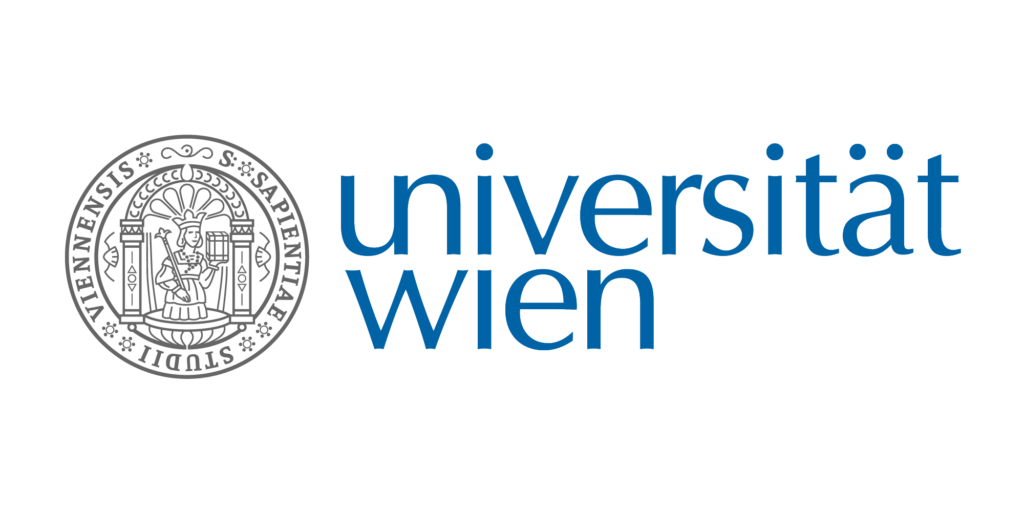Collaborative event to the ECSA2024 conference
02.04.2024, 13:00-19:00
University of Vienna, Universitätsring 1 (main entrance), room Marietta-Blau-Saal
Convened by Katja Mayer (Science and Technology Studies, Uni Vienna), Claudia Göbel (Sociology, Uni Mainz) and the Citizen Science Team of ZSI Center for Social Innovation, Vienna
Engaging with participatory research, technology development and science communication has been a driving force in the development of Science and Technology Studies. In the field of Citizen Science, where these and other themes converge, the paths of many people involved with STS in one way or another are crossing. Already the inception of the field is closely linked to STS with Alan Irwin’s (1995) concept of Citizen Science as a reference point and there is a growing number of STS researchers studying Citizen Science as their research object. However, the boundaries between doing STS and doing Citizen Science have always been permeable giving rise to a rich tradition of mutual engagement. Scholars from other academic backgrounds and Citizen Science practitioners draw on STS concepts and methodologies, while STS researchers get involved with Citizen Science projects, platforms and organisations. These engagements have been and continue to be vital for shaping participatory practice, research and the field of Citizen Science. Yet, strikingly, this vibrant cross-pollination is conspicuously absent at mainstream STS and CS conferences. Despite frequent citations, STS research on Citizen Science seems content in its academic enclave, barely breaching the dynamic, hands-on realm of actual Citizen Science implementation.
We would like to use the ECSA2024 conference in Vienna as an opportunity to come together and discuss STS research on, with and through Citizen Science, and vice versa. Which current initiatives are underway? Are there common empirical, conceptual or methodological themes and challenges? What are the difficulties of working across research/practice and disciplinary boundaries? The idea is to meet for an informal exchange focusing on work-in-progress, rather than polished publications, and letting conversations emerge from there. Participants are invited to present with no formal restrictions on the nature and format of contributions (apart from time).
Schedule: We will start with an optional joint lunch at 12:00 at Gasthaus Holunderstrauch, the colloquium will begin at 13:00 and run until 19:00.
Programme link for participants (password protected)
Previous events focussing on the intersection of STS and CS:
Workshop “Citizen Sciences Studies”, 2016, Berlin
The workshop examined how to co-produce reflexiveness and dialogue between practitioners and researchers of citizen science. It was co-organized as a session at the first international conference of the European Citizen Science Association (ECSA) by Claudia Göbel, Katrin Vohland, Dana Mahr and Alan Irwin. A book chapter came out of it: https://www.jstor.org/stable/j.ctv550cf2.14
Workshop “Empowering civil society through participatory investigation?”, 2019, Paris
The event was dedicated to exploring new types of interactions between science and society, which we called participatory investigation, and how such interactions can contribute to the empowerment of civil society. We discussed such interactions from the perspective of civil society organisations (NGOs), a point of view that had so far been largely neglected, at least in the European citizen science community. The workshop was organised in collaboration by European Citizen Science Association (ECSA), especially the H2020 project Doing it Together Science (DITOs), Pour une alliance sciences en société (ALLISS), Institut francilien recherche, innovation, société (IFRIS), Laboratoire Interdisciplinaire Sciences Innovations Sociétés (LISIS) and the Living Knowledge Network (LKN). Here’s the report: https://doi.org/10.5281/zenodo.3522369


 Dr. Katja Mayer
Dr. Katja Mayer